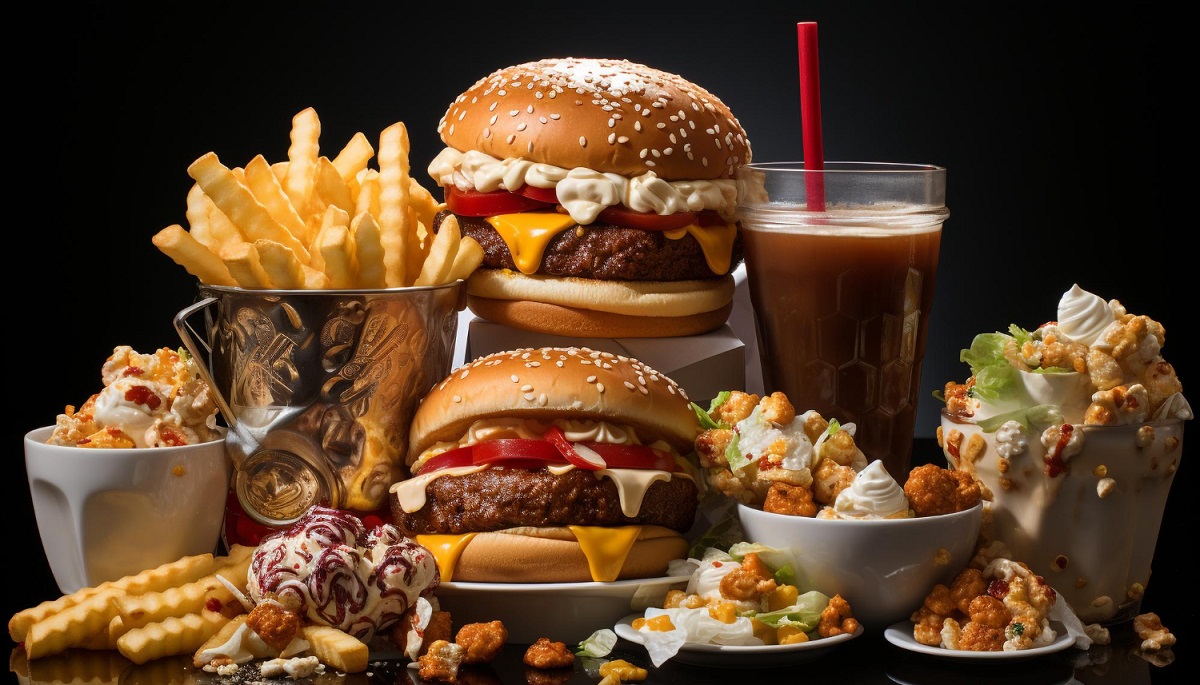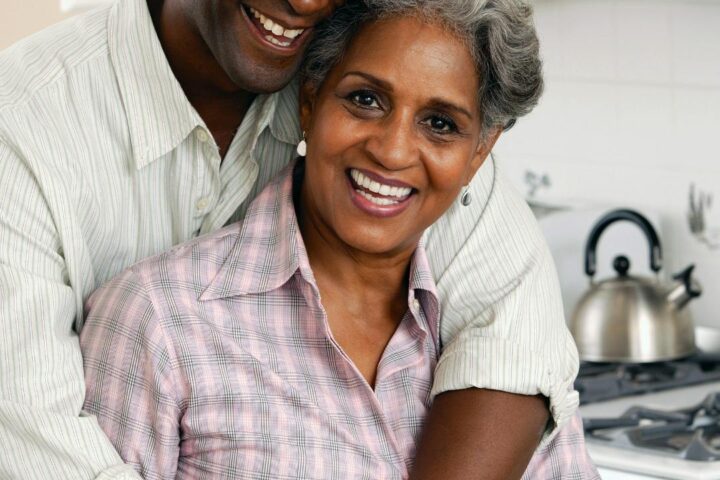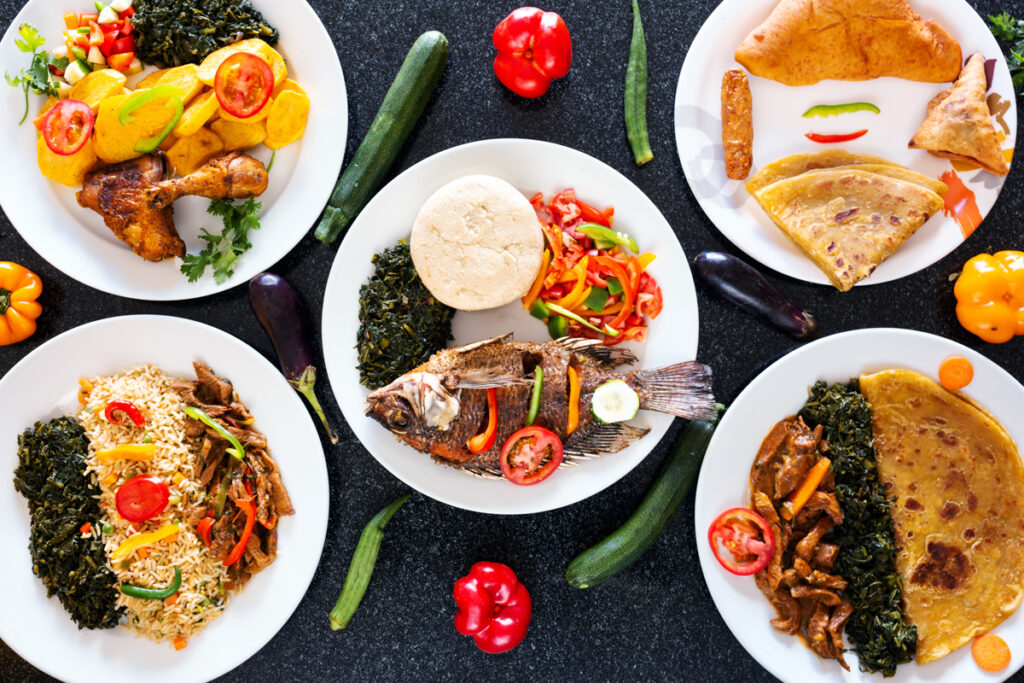You’ve had a long, stressful day, and the first thing you do is reach for that chocolate bar, right? It’s almost like magic—suddenly, the world feels a little less overwhelming. But why? Turns out, emotional eating is way more common (and complicated) than you think.
Why We Turn to Food When We Feel
When you’re stressed, sad, or even bored, your brain craves comfort. And what’s the quickest way to comfort? Food! Sugary treats and fatty snacks release a rush of dopamine—the same “feel-good” hormone your brain loves when you’re happy. That’s why chocolate is your best friend during a breakup or why pizza becomes a cozy companion after a tough meeting.
But here’s the catch: that comfort doesn’t last. Before long, you’re not just stressed about life, but also about overeating. It’s a vicious cycle—feeling bad, eating, feeling worse, and then eating again.
Happy Feels? You Might Still Overeat
You’d think emotional eating only strikes when you’re down in the dumps, but surprise—it can happen when you’re happy, too! You’re celebrating a big win, feeling on top of the world, and suddenly, you’ve polished off an entire pizza. Researchers have found that both good and bad moods can push us toward overeating.
The science behind it? Food is often linked with emotions, whether it’s cake at a birthday or a family dinner during the holidays. These connections make us turn to food during any emotional peak—good or bad.
Boredom: The Secret Trigger
But what about those times when you’re not particularly happy or sad—just… bored? That’s right, boredom is another big reason we eat. Studies have shown that people often snack simply because they have nothing else to do. Next time you’re reaching for the chips during a Netflix binge, ask yourself: Am I really hungry, or just killing time?
Breaking the Emotional Eating Cycle
So, how do you stop this cycle? First, take a deep breath. Recognizing that you’re eating based on emotions is the first step. Then, find a healthier way to cope—try going for a walk, calling a friend, or even dancing to your favorite song.
When you do want to indulge, go for it—mindfully! Savor the taste, enjoy the moment, and move on. Emotional eating isn’t about never enjoying food; it’s about understanding why you’re eating and finding balance.
Remember, food should satisfy your hunger, not your feelings. Next time you feel the urge to snack after a bad day, ask yourself—am I eating to fix my mood, or just my hunger?
Now, who’s ready to munch on some happiness the healthy way?









